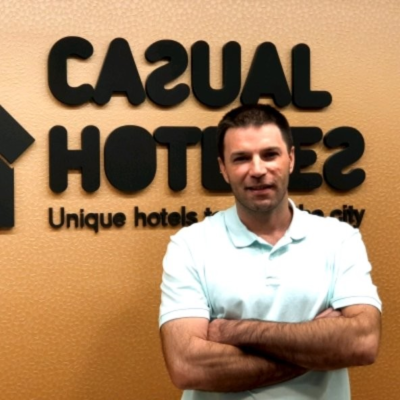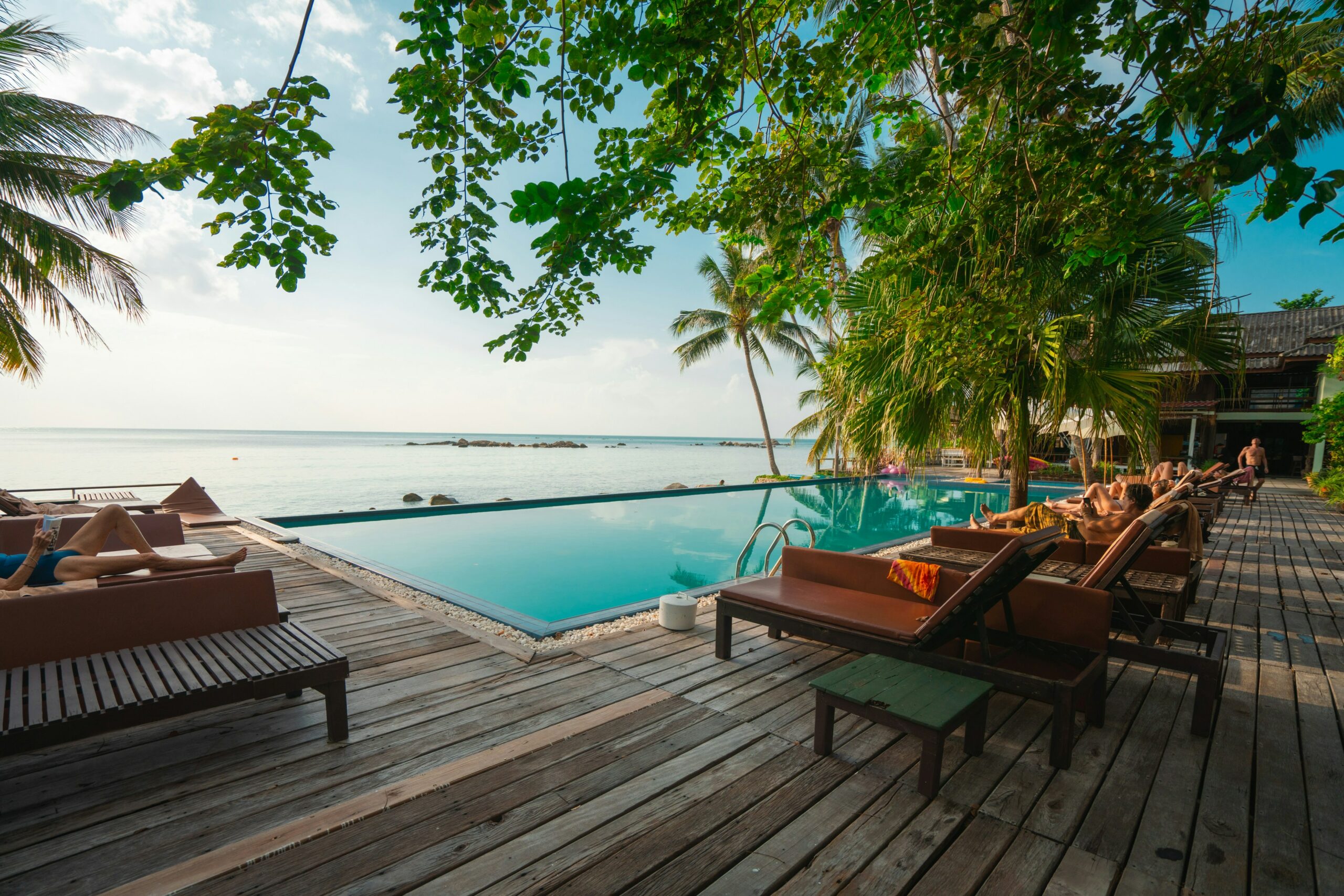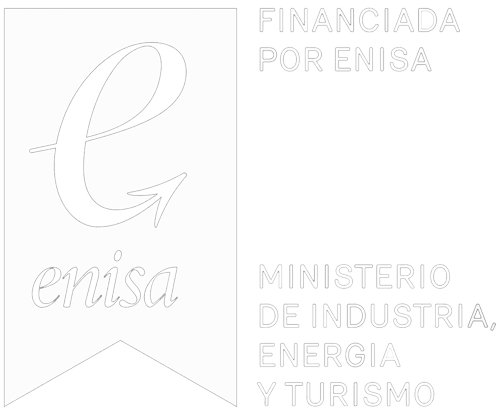Geolocation as a Tool for Capturing Market Segments
The geolocation linked to the use of searches through mobile devices conditions today’s online marketing.
Según un estudio realizado por Local Search Association (LSA) , the searches for information made from mobile devices already surpass those made with the rest of media. Within this type of search, most of them occur in the car, away from home or at work. If this trend is coupled with the fact that 70% of consumers are willing to share their location information, if they believe they are getting something of value in return, it begins to make sense.
The use of the information at our disposal on the consumer, new tools and more efficient technologies makes geolocation a determining factor in attracting potential customers.
To take full advantage of this idea, BEONx proposes a series of actions that you should take into account when marketing your hotel:
-
Find the exact places where the user becomes a potential customer. Both from online and offline actions it is important to know in which contexts our client moves. Depending on the time and place, we can be more relevant to offer you a product that meets your needs.
Example: A good place to sell a health tourism-related getaway is a physical therapy consultation.
-
Exclude locations where we know we have no chance. To save on marketing costs, it is interesting to know which areas or places you should not have a presence in. A timely withdrawal is always a victory and saving resources is a victory.
Example: If we have a boutique hotel with an average price of 200€ per night, it would be a mistake to distribute it in certain low-income neighborhoods of the city.
-
Define a radius of interest in accommodation from which to define competitiveness at the local level. Identifying a radius around our hotel from which our accommodation is interesting is important to further concentrate sales force actions.
Example: It is possible that our weekend proximity client is an inhabitant of towns that are not more than 100 km away from the hotel’s location.
-
Adjust the different offers to each location to be truly relevant. It’s about taking advantage of the time and place to make the offers really relevant to the customer. The geographical factor conditions the product and this must be taken into account by both the hotel and the traveller’s perception.
Example: Distributing a New Year’s offer in Spain would be relevant, but distributing this same offer in the Chinese market would not make sense.
-
Combine location and keywords for search results ads. Knowing how to choose the keywords associated with your strategy is important to obtain targeted traffic. Combining location, keywords and content can be relevant to both the traveler and your SEO and SEM strategy.
Example: Generating a romantic getaway landing page and promoting it on Google Adwords can be an interesting option when the Valentine’s Day party is approaching.
-
Generate content about destination and take advantage of the search intention. There are hotels that depend to a greater or lesser extent on the resources of the destination. Nevertheless, it is important to identify which keywords associated with the context are important to position yourself on.
Example: If you have a hotel in Toledo, you should position your hotel on a basic content such as “what to see in Toledo
“. -
Analyze consumer behaviors and offer advantages in other locations with worse results. In case we have different accommodations in different locations or partners associated with ours, there is the possibility of distributing other products on sale.
Example: Discount coupons offered to certain hotel guests can be used to enhance the relationship with some strategic partners. It would also be a good idea to boost discounted bookings at other accommodations in the chain.
-
Show websites differentiated by user location. Not only for the languages but also for the product or type of culture, it is convenient to customize the contents and offers according to the location. Technologically it is simple and the conversion rates improve in websites with content associated with certain segments.
Example: A website for a traveler from Morocco or Bahrain will be totally different from the same website for a user from Huelva, if we take into account their culture.
-
Take advantage of local events to generate content and products. Identifying the dates highlighted in your market calendar is basic to structuring a campaign agenda.
Example: For hotels in the city of Cadiz, it is important to identify public holidays in the Community of Madrid in order to launch campaigns for the following year.
These are some solutions that, associated with localization, we must take into account. Let’s analyze this concept of geolocation as a further step towards product customization. The traveler wants to make the most of his free time, enjoy an unforgettable holiday and get the best value for money possible. At this point, the decision is left to the marketing and sales departments.

















